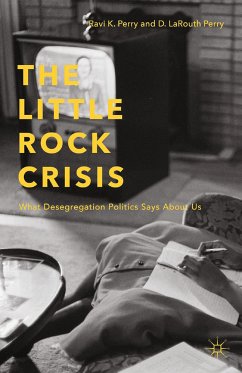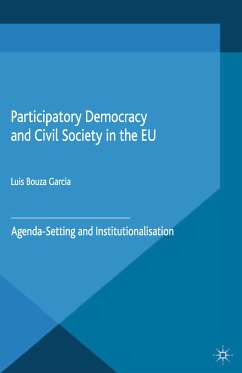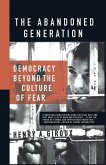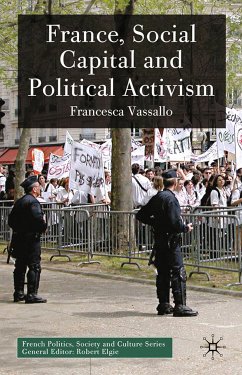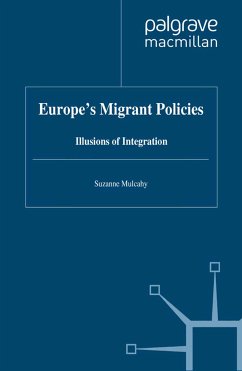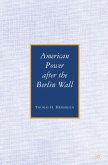Dieser Download kann aus rechtlichen Gründen nur mit Rechnungsadresse in A, B, BG, CY, CZ, D, DK, EW, E, FIN, F, GR, HR, H, IRL, I, LT, L, LR, M, NL, PL, P, R, S, SLO, SK ausgeliefert werden.
"Everyone knows about the nine people who integrated Little Rock Central High School in 1957. This remarkable book documents the rest of the story: how the crisis at Central High touched the lives of ordinary people in the eye of the storm. The Little Rock Crisis is probing, intelligent, moving, inspiring and highly recommended for both activists and scholars." - James A. Morone, Brown University, USA, Author of Hellfire Nation and The Devils We Know
"One of the many strengths of this book is directly traced to thedeep familial roots the authors have with the people and town of Little Rock, Arkansas...Using a mixed-method approach, careful attention to detail, and respectful engagement with Little Rock residents, the authors craft a compelling analysis of whether and how being in the shadow of a national event affects the politics of local citizens." - Valeria Sinclair-Chapman, Purdue University, USA
"The authors have delivered to us a wonderful book on the politics of memory. They show that as a local memory that had national implications, the 1957 Little Rock crisis influenced a generation of black folk decades later...This book is a must read for those interested in memory studies and the legacies of the Little Rock crisis." - Fredrick Harris, Columbia University, USA

